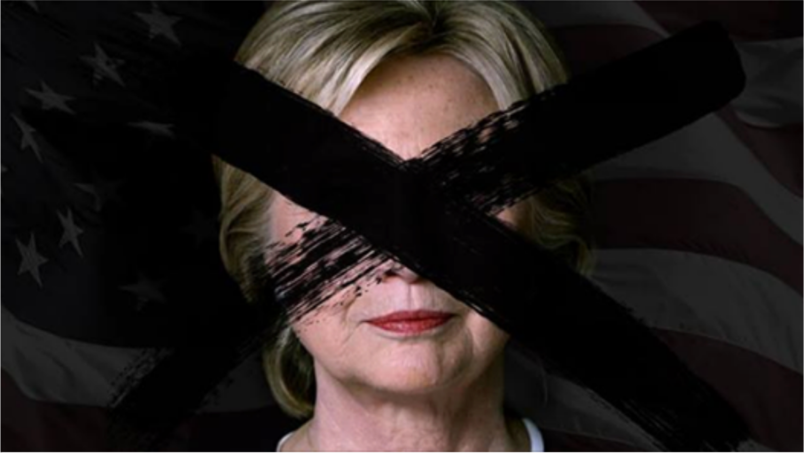Democrats on the House Intelligence Committee posted Wednesday a selection of the Facebook ads purchased by Russia-linked accounts as the committee’s hearing on how Russia exploited social media during the 2016 election got under way.
The committee Dems posted screenshots of the ads, as well as some of the the meta data associated with the ads, such as the amount of impressions the ads made and to which demographics the ads were targeted. Examples of Russia-purchased ads on Instagram, which is owned by Facebook, were among the ads released.

Some of the ads released Wednesday did not mention presidential candidates by name, but rather weighed in on political issues, be it pushing anti-Muslim or anti-immigrant sentiments, or mimicking the Black Lives Matters or LGBT rights movements.

Other ads explicitly advocated for or against particular candidates. One Instagram ad from an account called “american.veterans” said “Killary Clinton will never understand what it feels like to lose the person you love for the sake of your country,” while others touted Sen. Bernie Sanders (I-VT). There were some anti-Donald Trump ads among the examples released Wednesday, including a Facebook post for a “Trump is NOT my President” event.



Additionally, House Intel Committee Dems released a list of Twitter handles associated with Russia-linked accounts.
Representatives from Twitter, Facebook and Google were on Capital Hill to testify on Russia’s meddling in the 2016 election. Before appearing in front of the House Intel committee, the representatives from the social media companies testified in front of a Senate Judiciary subcommittee and in front of the Senate Intelligence Committee.












Is it okay for me to note that these ads are terrible enough to seem satirical?
In all seriousness, “hit like to help Jesus win” notwithstanding, why the anti-Trump ads?
That tells you something about the deplorables who shared them.
It’s all about destabilizing the American society. Whipping up anti-government sentiment, and keeping things off balance is the ultimate goal.
I’d like to hear what some linguists have to say about these. There seems to me to be very distinct Russian-to-English grammar idiosyncrasies, such as lack of the use of articles like “a” and “the” in places where they’d usually go, that makes these things easy to spot.